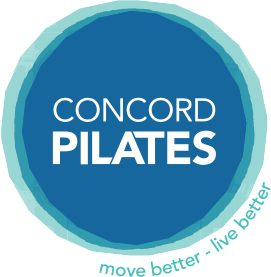The Four Stages Of Learning
How do we know that we are making progress? In Pilates, we don’t count repetitions, and we don’t care about adding more weight? So how do we measure our progress? Let me explain to you the four stages of learning, which, by the way, apply to all forms of learning, not just Pilates.
Stage One - Unconscious incompetence
When you first join a Pilates studio and take our fitness assessment you find out that, for example, you overuse your shoulders. You didn’t know that you had the habit of lifting your shoulder each time you lift your arm to reach into a high cabinet. This is the part where your teacher points out to you that your shoulders are up by your ears and you respond: ”What? I didn’t realize that.”
Stage Two - Conscious incompetence
Now you start realizing how often you use your neck for movements that have nothing to do with the neck. You’re aware of your mistakes. This is the most uncomfortable stage during your Pilates journey. It can get really frustrating to always be aware of what you’re doing wrong. I really encourage you to NOT GET STUCK in this stage. Keep going, because stage three is just around the corner…
Stage Three - Conscious competence
If you really really focus and pay as much attention as possible, then you’re able to keep your neck free and soft. As soon as you start chatting with your teacher, boom - you’re back in the old habit. You’ve lost your form. Time to refocus.
Stage Four - Unconscious competence
Finally! Your hard work has paid off. You are now able to talk as much as you like and think of other things, and your shoulders are down. Always. It’s now a new habit. Your shoulder and neck now work for you whether you focus on them or not.
Once you’ve made it to stage four, you or your teacher will give you a new challenge. We’ll focus on another body part or a more challenging exercise, and the process will start over. Yes, you heard that right. The four stages start back from the beginning. It’s a continuous cycle, but with each new habit, you’re feeling a bit better, and your joints hurt a bit less.
Don’t let this get you down. Looking at this cycle realistically will help in the long run. If you know what you’re up against, then you won’t get so disappointed in the short term. No-one likes to feel like we’re not good enough.
Let me leave you with these wise words (not mine): Practice over perfection. Practice over perfection. Practice over perfection. (I find repeating something three times makes it burn into my head.)
Practice over perfection (in case you forgot). :)
